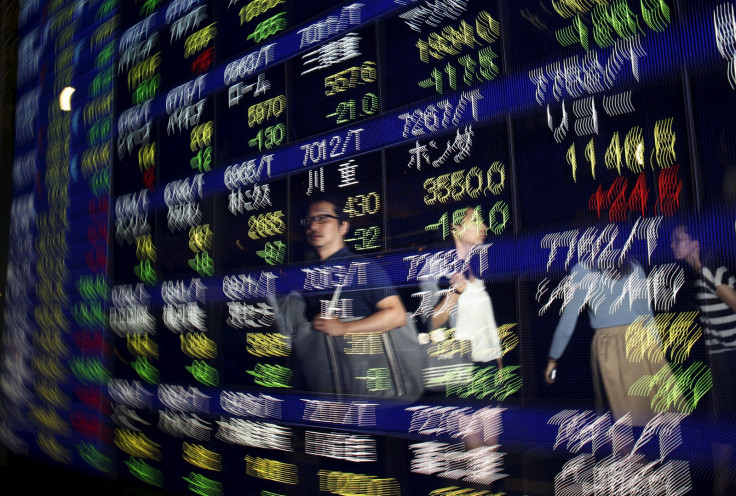Asian shares rally on strong Wall Street lead

Asian stocks rose sharply on 27 August on the back of a strong lead from Wall Street, which posted its biggest one-day gain in four years. Mainland China's Shanghai Composite benchmark returned to positive territory this week, climbing 2% to 2,985.74 points at the open, having retreated more than 16% in the previous three sessions.
Investors were buoyed by a dramatic rebound on Wall Street, where the Dow Jones, Nasdaq and S&P 500 indices closed around 4% higher. The surge came after New York Federal Reserve chief William Dudley said the prospects of a rate increase in September had dimmed because of adverse economic developments in China and elsewhere.
"At this moment, the decision to begin the normalisation process at the September meeting seems less compelling to me than it did several weeks ago. But normalisation could become more compelling by the time of the meeting as we get additional information," he was quoted as saying by the Wall Street Journal.
Shares in Hong Kong followed the mainland higher, with the Hang Seng index jumping 2.5% to 21,604.90 after closing 1.5% lower in the previous session. Elsewhere, the region's biggest market, the Nikkei 225, advanced 1.8% to 18,709.13, while South Korea's Kospi was up 1.2% at 1,916.02. In Australia, the S&P/ASX 200 rose 1.5% to 5,250.30.
Analysts said China's latest monetary easing had helped calm global markets, but cautioned that the respite might be temporary as Beijing continues to grapple with a slowing economy. On 25 August, China's central bank, the People's Bank of China (PBoC) cut its key lending rate by 0.25 percentage points to 4.6% and eased its reserve requirement ratio - the amount of capital banks must hold in reserve - by 50 basis points.
"Rather than getting ahead of the game with a well thought-out plan for stabilising the economy, the PBoC appears to be reluctantly easing policy any time there's a drop in share prices," Jasper, a market analyst at CMC Markets, was quoted as saying by Reuters. "The net effect is that markets clamour for more stimulus while at the same time losing faith it will actually work."
© Copyright IBTimes 2025. All rights reserved.




















